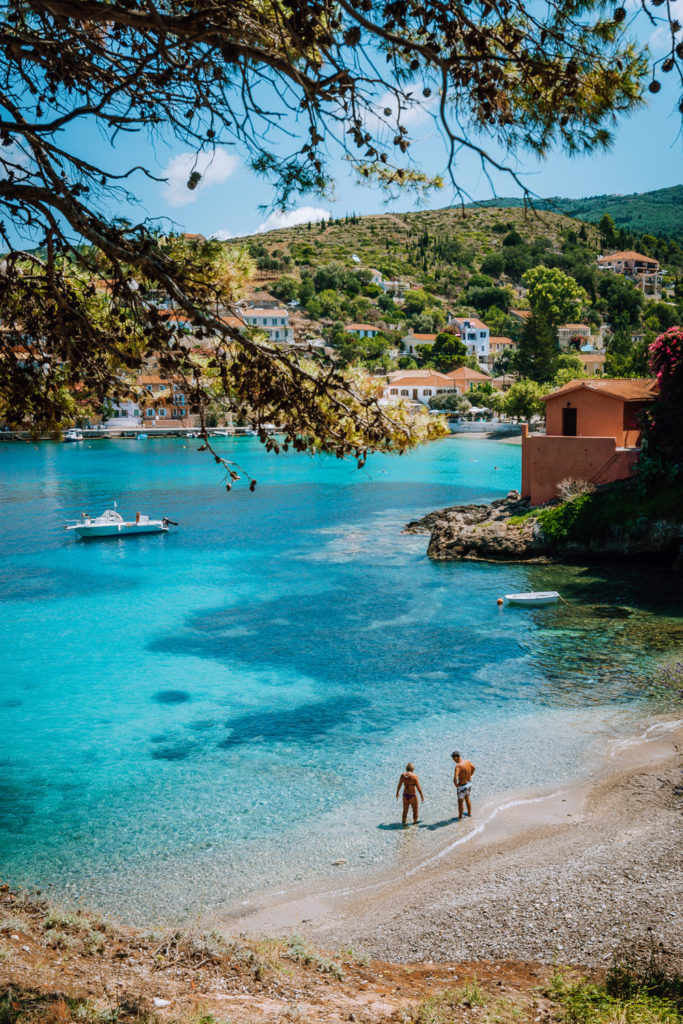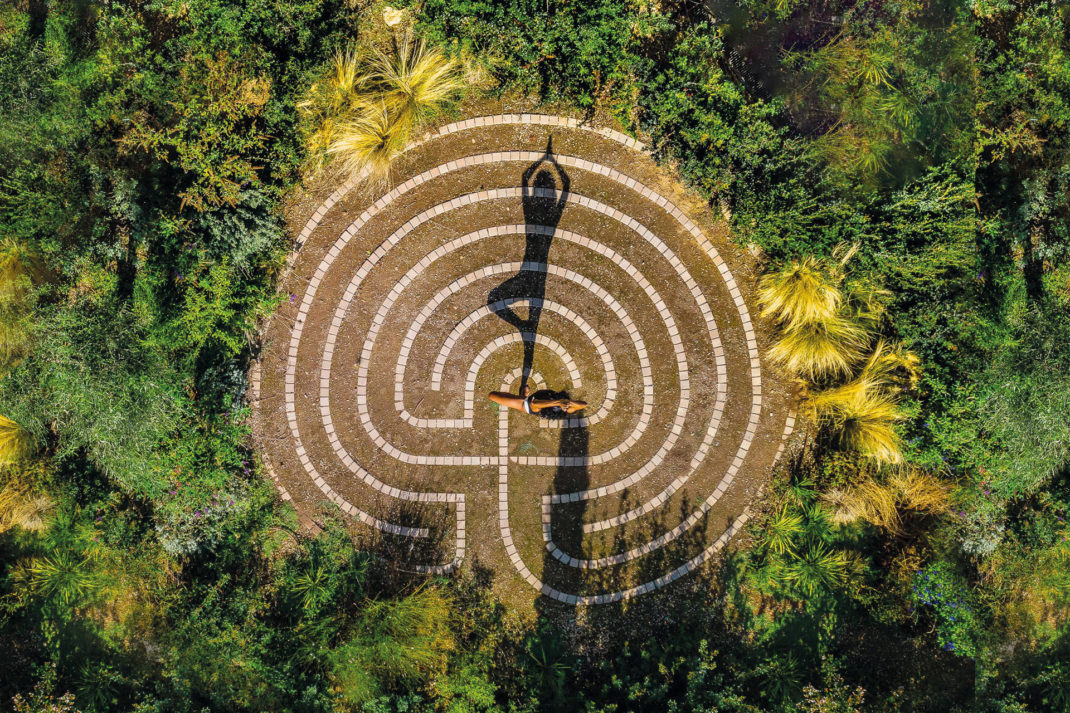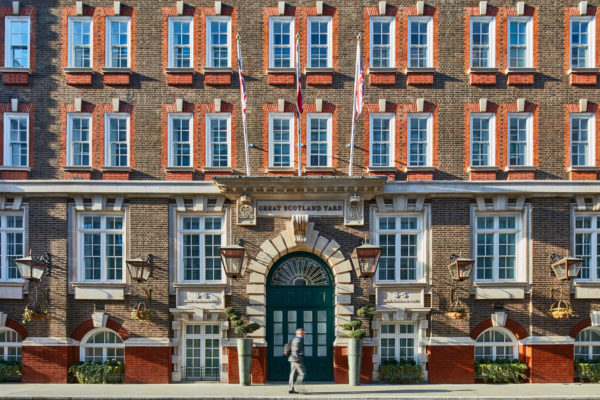What is #RightsOnFlights?
By
2 years ago
Sophie Morgan tells us about her campaign lobbying airlines to do better

Have you heard of Rights on Flights? It’s a campaign, started by Sophie Morgan, lobbying the airline industry to start taking disabled people seriously. Yesterday (14 September 2023), in a new development, Sophie announced her new proposal at the House of Commons to an audience of MPs, airlines, policy experts and supporters, urging the government to pass more robust laws to protect disabled travellers. Earlier this year, we chatted to Sophie to learn more.
Read the C&TH Guide to Responsible Tourism
What Is Rights On Flights?
Rights On Flights started in February 2023, after British Airways broke my wheelchair. I went on Loose Women the day after, and I was complaining about the situation and how frustrated I was that this kept happening to disabled people – how I wasn’t just the only one that this has happened to but that, actually, it’s been happening for decades and all over the world. Sometimes the damage that’s done is just unforgivable, but yet there’s no consequence, really. It seems to either be a bit of compensation, if you’re lucky, and then just a small apology, and then on you go.
So I was complaining about it on telly and highlighting the problem, and somebody reached out who was the assistant of an MP called Marion Fellows. Marion basically wanted to create a campaign around accessible air travel, and she saw that I was really passionate about it, so she brought me into government, and we had a chat about what we can do together, and how we can work collaboratively. I make noise in the public, and she sort of pulls levers behind the scenes, so to speak. That was when the Rights on Flights campaign started, really, and our initial ask was for a protective measure – kind of as a punitive measure, really – to ask the government to give the regulator, the Civil Aviation Authority, the power to impose fines every time an airline does let down at disabled traveller. Which a lot of other countries have – it’s not an unusual request. We just wanted that to happen here.
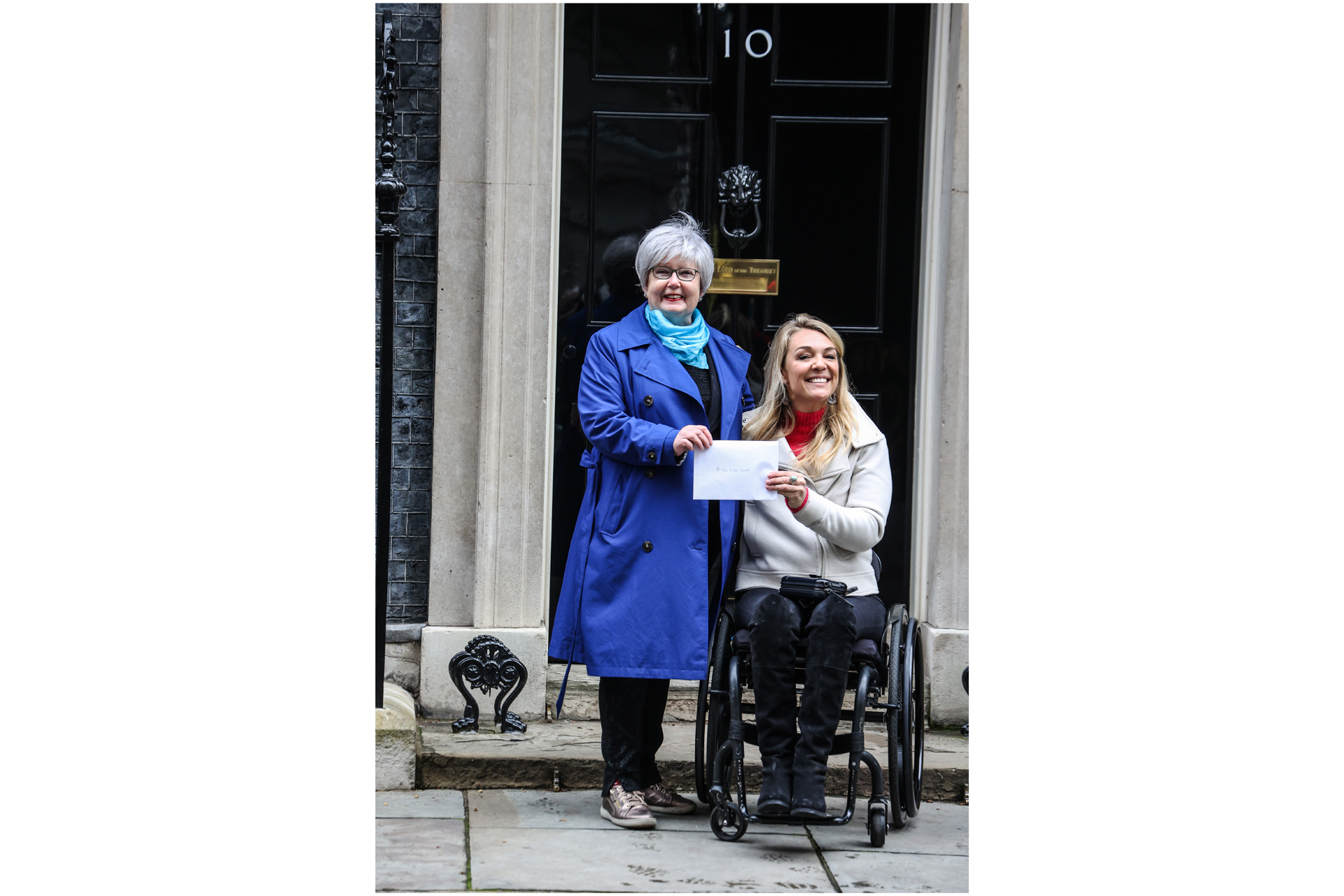
(L-R) Marion Fellows and Sophie Morgan are working together on the Rights On Flights campaign. © Brett Cove
So we sent out an open letter from Marion that was circulated for MPs to sign, which they did. We got cross party support, it was really good, we got well over 100 signatures, and we delivered it to 10 Downing Street – which, just as a side note, is also not very accessible. There’s no permanent step free access in 10 Downing Street, which I think tells you everything you need to know. Anyway, we left that letter with the Prime Minister for his consideration.
Then we pulled together a group of experts, pan disability and pan-globally as well, just to say, ‘right, what are the problems? And what do we need to do?’. So we’re working now on the strategy of how we move forward and what’s next, continuing to raise awareness of the problem, but also working with the industry collaboratively to stop these things going wrong.
What Are Some Common Issues Disabled Travellers Might Face On Flights?
- Broken equipment
- Being left on board for too long
- Having no access to a toilet
- People starving themselves or dehydrating themselves
- Being refused access
- Being turned down from flights because they’ve got the wrong battery or carrying equipment that the airline won’t let on board.
Or there are just thousands of disabled people who are too frightened to fly now, because it’s too much of a lottery.
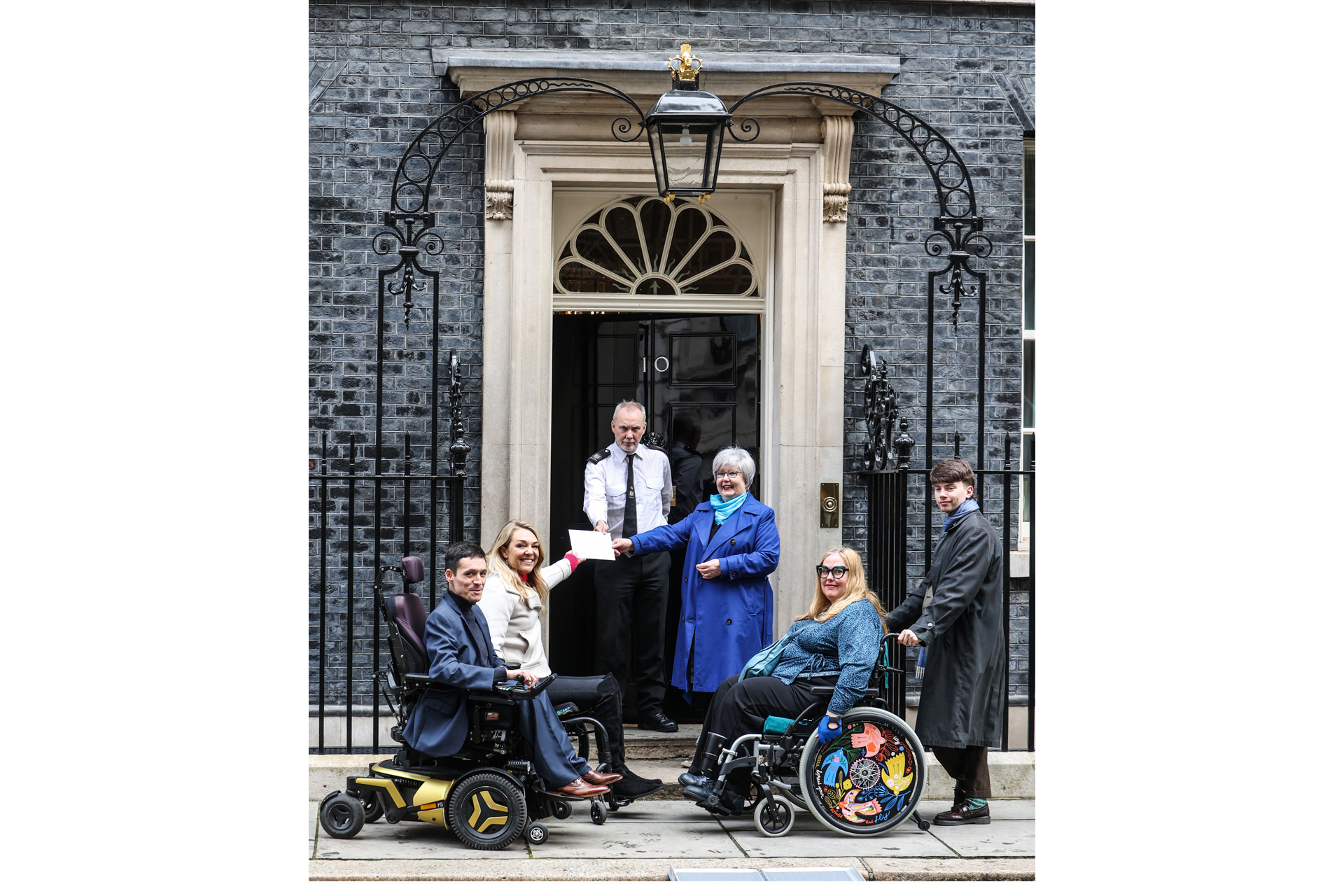
© Brett Cove
What Are Some Trailblazing Destinations For Accessible Travel?
We’re seeing a shift in attitudes towards inclusive travel, and more and more destinations are taking steps to advertise themselves as inclusive and to go that step above compliance. At the moment, we’ve got various countries with various laws, that mean that – while actually disabled travel is not always seamless, there’s often hiccups – invariably, we’ll find a way. It might take a little bit more time to organise, or a little more money, or it might just be a little bit more limited in your choice options. But there are options, at least. Now it’s just about getting the industry to signpost those options, as limited as they are.
We’re seeing that happen more and more. I personally have travelled all over the world. Countries like America – where the laws are a lot more widely enforced, it’s a more modern country, and it’s a lot wealthier than others – can accommodate different types of disabilities a bit more effectively. But it varies from state to state, and city to city.
There have been some brilliant surveys into cities, the most accessible cities and the most accessible destinations and stuff like that. But I think it’s really relative, because what some people consider accessible and others consider accessible can really vary. It’s a spectrum. So what I might have chosen, personally, might not be that what somebody else with a disability likes. It’s about creating an equality of experience for everybody, and I wouldn’t say there’s one destination that does that in its entirety. But for me, for example, I just had an amazing experience in Morocco. And that was because that was facilitated by experts on the ground, who know how to deal with people with physical disabilities and have a real expertise in accommodating wheelchair users’ needs and stuff. So that was fantastic. But it might not be so great for, say, a neurodivergent child. So, again, there are categories within it.
Stay up to date with Rights On Flights on Instagram @RightsOnFlights.
Featured image by Brett Cove (cropped).

